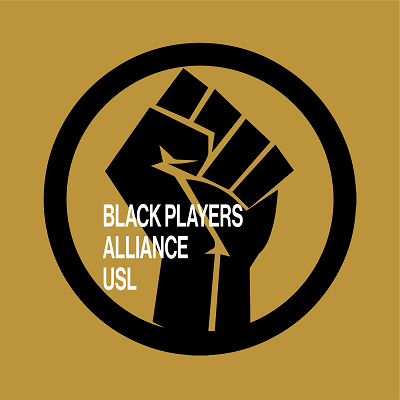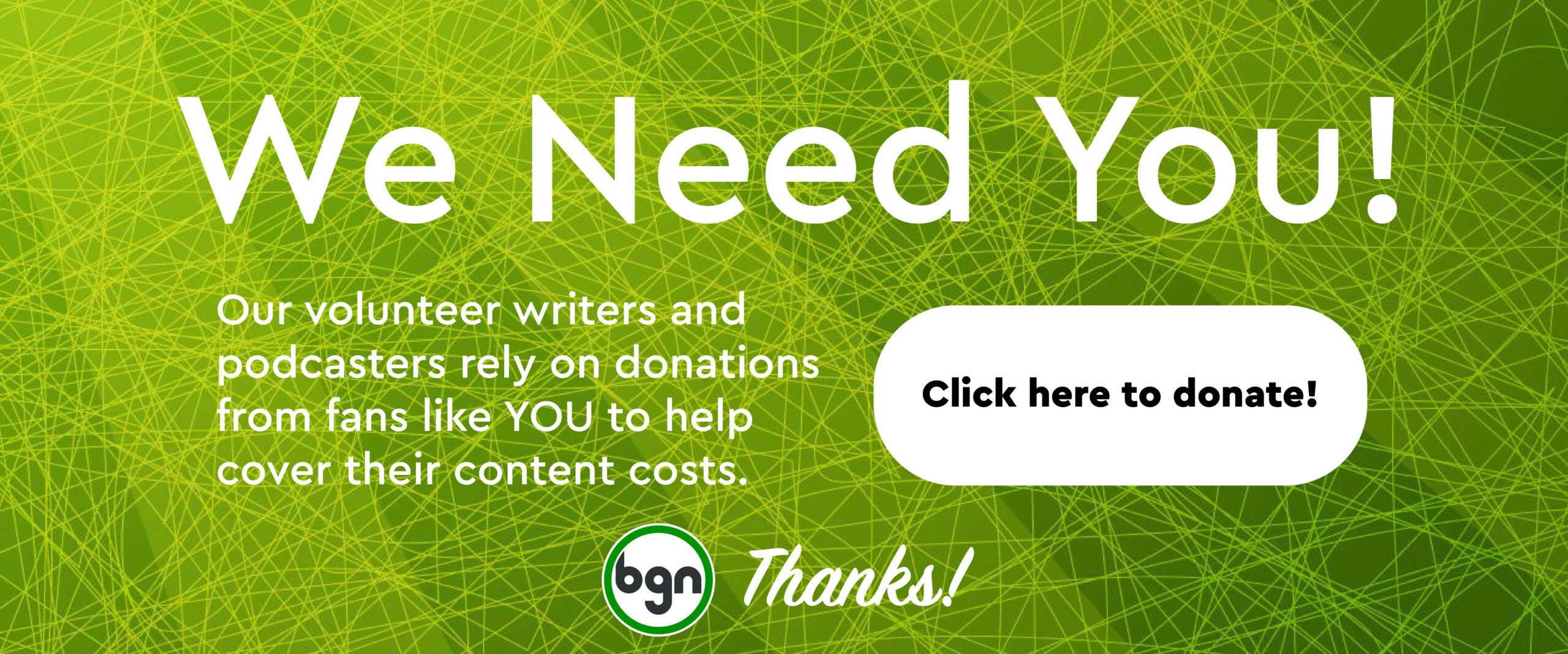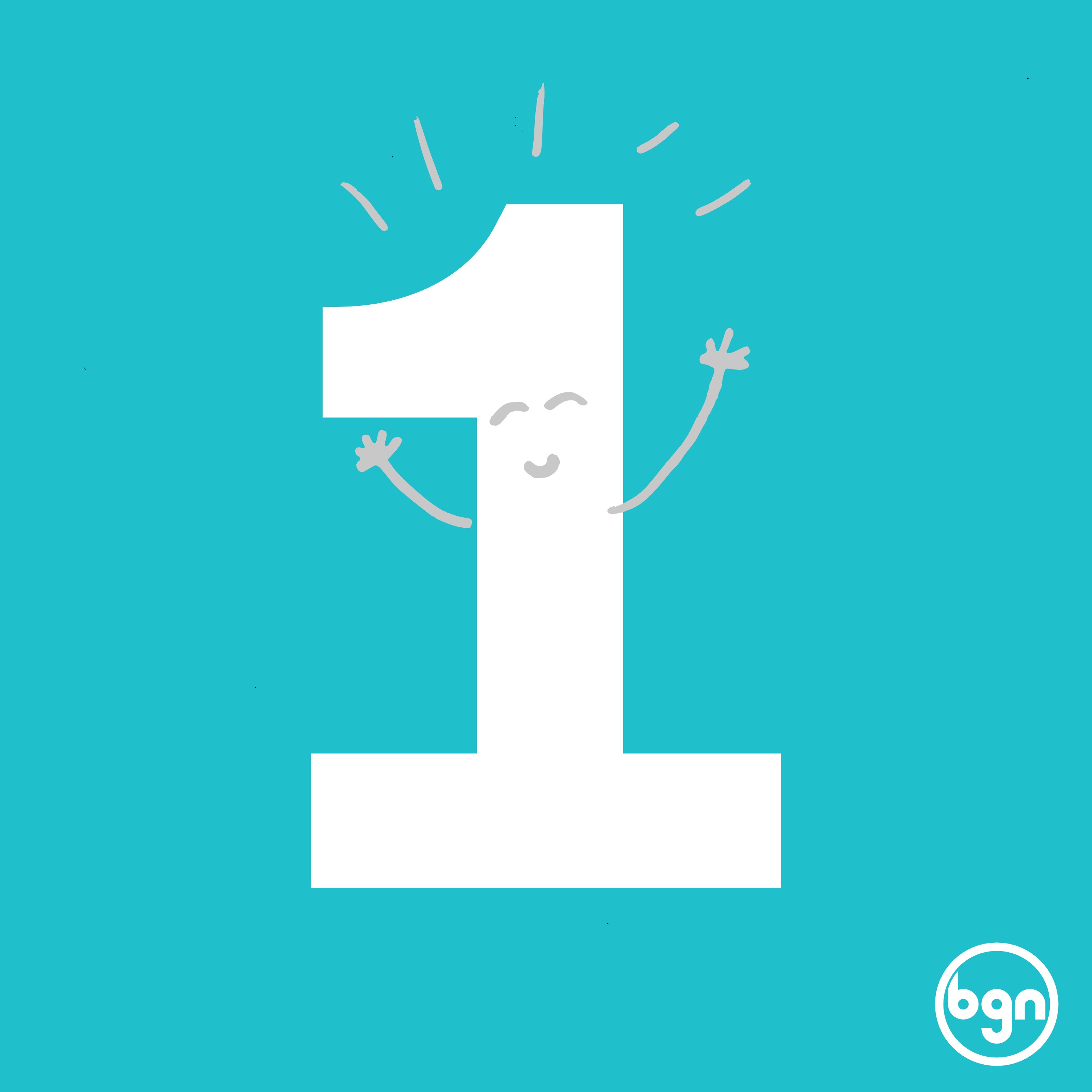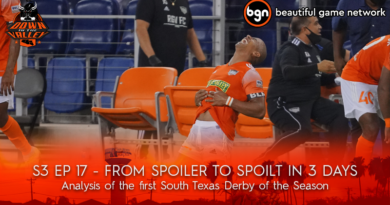A Black Players Alliance of the USL survey
Where do we go from here? Part 1.
After what happened to San Diego Loyal player Elijah Martin during a USL Championship match, I wanted to find out more about some of the experiences that black players face on the pitch. I reached out to the newly formed Black Players Alliance of the USL. They were kind enough to send out a survey for me to get a better picture of what players have experienced as they play the beautiful game. The questions covered culture on the pitch as well as racial abuse. The comments were heartbreaking, honest, and hopeful. Here were the questions and a summary of their responses:
Youth Career
When did you first experience racial abuse on a soccer pitch? (How old were you, what level were you playing)
9 years old.
14 years old. 14 playing club soccer. Club soccer, probably 14 years old. Probably when I was about 16 years old was the first time I can clearly remember racial abuse on the field. I was playing one of the best teams in the state in my age group (CASL). 19 in college. 21.
How did you respond?
“I was extremely upset and disturbed at the altercation” was one response.
Another response was, “At first I was frozen because I didn’t know how to respond. Then all the rage came over me and I started yelling at the player. This was all right before a penalty that player was set to take so once the referee calmed everything down we proceeded with the penalty. I saved the penalty and then went back to yelling at the player.”
Several others mentioned they did or said nothing.
How did those that witnessed (if any) respond?
“The referee response was poor, the abuse was from not only players but parents as well” one person wrote.
A similar response paints a pretty bleak picture of how little support players get when facing racial abuse. This person wrote “No one really said anything. At the time, I thought it was because they didn’t hear it but looking back I think it was more so because they didn’t really care.”
Another respondent had a little more support, saying “I had a few black teammates, they was ready to leave the pitch with me.”
Did you feel comfortable bringing it up? If not why.
“No it was uncomfortable because as a kid it’s tough to talk about things like that. Especially when you don’t know if you will be believed or heard.”
While some players did bring it up others felt little would be done about it saying “No, because coming from Georgia it’s everywhere and bringing it up wouldn’t do anything.”
Another player pointed to a different reason, saying “I didn’t because the immediate response after the game was everyone rushing over in “excitement” asking me what he said. It seemed like they were asking more so because they wanted some gossip instead of actually caring about how it affected me.”
What emotions, thoughts, etc did you feel after that experience?
There were quite a few responses that they felt anger, and rightfully so. Another response was “I couldn’t understand it because they had black players as well but even if they wouldn’t have black players I can’t understand how you can hate someone because of their background skin color Religion etc.”
Another response that struck me was this one: “I had to blend in or I’d be racially abused”
One respondent said “I remember always feeling differently towards my teammates after that. It was probably the first time I realized I am the only black player on this all white team. It made me feel alone.”
Imagine that. A child having to deny who they were to try and avoid being themselves so they could avoid being the target of racist abuse…as a child…Think about those children who leave the sport because they face abuse that is not just unpunished, but also ignored.
Professional Career
Of the coaches you’ve had in your professional career, how many of your coaches have been non-white?
There were several that had multiple coaches, but some it was very rare. One response was “1 and I had a looot of coaches in my 10 years.” Another response spoke a little more to the lack of representation saying, “None of the head coaches have been non-white. A couple assistant coaches have been minorities but none of them have been black.”
How often do you hear racial or racist language over the course of the season during a match?
This had a wide variety of responses. Everything from “Not once” to “Honestly, I can’t think of a time where I experienced or heard any overt racism on the field. I think there tends to be a lot of microaggression from players and fans but nothing blatantly racist.” to “very often”.
Have you ever had a team or a league training or team discussion about race, racism, or social justice?
With USL’s new initiative with Sport and Social Justice, this question showed how important that initiative is. There were a couple “no” responses and one that pointed out some informal discussion saying, “Nothing in particular, many side discussions with people amongst the team.”
There were some positive responses that seemed to be team specific or in response to the current events saying “Not really, just this year after all the things that happened and it was still very brief.”
If so, was it initiated by players, coaches, front office, or the league?
Players were the most likely to initiate a conversation. One person pointed out, “Players (initiated the discussion), front offices tend to not speak on topics like this from my experience“
How would you welcome someone to your team who had been suspended or punished for racial abuse in the past?
“We would have a discussion about what happened. I don’t like using the media to figure out a situation, I would rather go to the source.”
“I would want to have a conversation with them to see if they’d grown from the experience or if they thought their behavior was acceptable.”
“…For sure I would forgive him but still I think he would have a hard time with me (I don’t know I) never really thought about it.”
“I would distance myself and only interact when necessary.”
League wide/USL specific:
Is the league doing enough to recruit minority coaches?
Most of the answers were a combination of “no” of “I don’t know”. There were a couple of responses that pointed out that the players do not really know what the league is doing, but one response was, “It’s hard for me to comment on this because I don’t have knowledge on what the league is doing. The lack of diversity amongst coaching staffs suggests no.” There is a hard truth there.
Do you think that USL HQ has appropriately addressed racial abuse in the past?
“I think the USL HQ has done just enough to appear they care. Punishments and statements need to be harsher and bolder”
“If you look at the past couple incidents of racial abuse over the last year, two separate suspensions of six games have been levied. I personally don’t feel that is a strong enough statement in regards to racial abuse and how it will be tolerated. Especially given the fact that one player was recently re-signed by the same USL team.”
“Not entirely. The actions to hold people accountable sometimes are not appropriate. It should be more blunt in punishing the abusers publicly to inhibit this type of behavior to continue. A lot of times they leave it up to the clubs”
Several were more pointed with a simple “no”.
How can USL HQ improve if at all on addressing racial abuse?
To address what was asked in the previous question, several players had some suggestions on how the league could handle racial abuse.
One response pointed out that USL can control the culture of the league, saying “The USL HQ can clearly outline what is not acceptable to say on the field. There are a lot of cultural norms that vary throughout our country but there needs to be clearly defined lines once you enter the USL arena.”
Another response was similar in nature; “Don’t hide from the situations. Being politically correct is important but the USL HQ should strive to set an example for all other leagues and set the standard that racial abuse is not allowed under any circumstances.”
One respondent just put it simply, saying “By actually caring.”
Do you feel like a suspension is enough, if not what response would you like to see?
There was a desire for stronger consequences, but wanted a path for players to be able to make amends. “I think players should be fined and there should be some sort of protocol in which the player can prove they’ve learned from the situation.” Another response was “Everyone deserves to have a 2 chance I think a hard suspension from at least 6 games and a fine paid by the player as well.”
One player pointed out how short the suspension is right now. “A very heavy suspension sends a message. 6 games is less than 20% of the season; that isn’t heavy enough for me.”
Other players were clear that the league should institute a “ban” and suggested “contract termination”.
To finish up with anything else they would like to include and one player put it best. “Diversity training is needed. Diversity within the league office and individual clubs is needed. Minority voices need to be heard. Everyone has to do better.”
Thank you to the Black Players Alliance of the USL for taking the time to tell me just a little part of their story. You can find them online at https://uslbpa.org/ or on twitter @USLBPA.
You can find more information on the Institute for Sport and Social Justice online at https://sportandsocialjustice.org/.
My thoughts will appear in Where Do We Go From Here? Part 2: “Dealing with Consequences” on BGN tomorrow.





